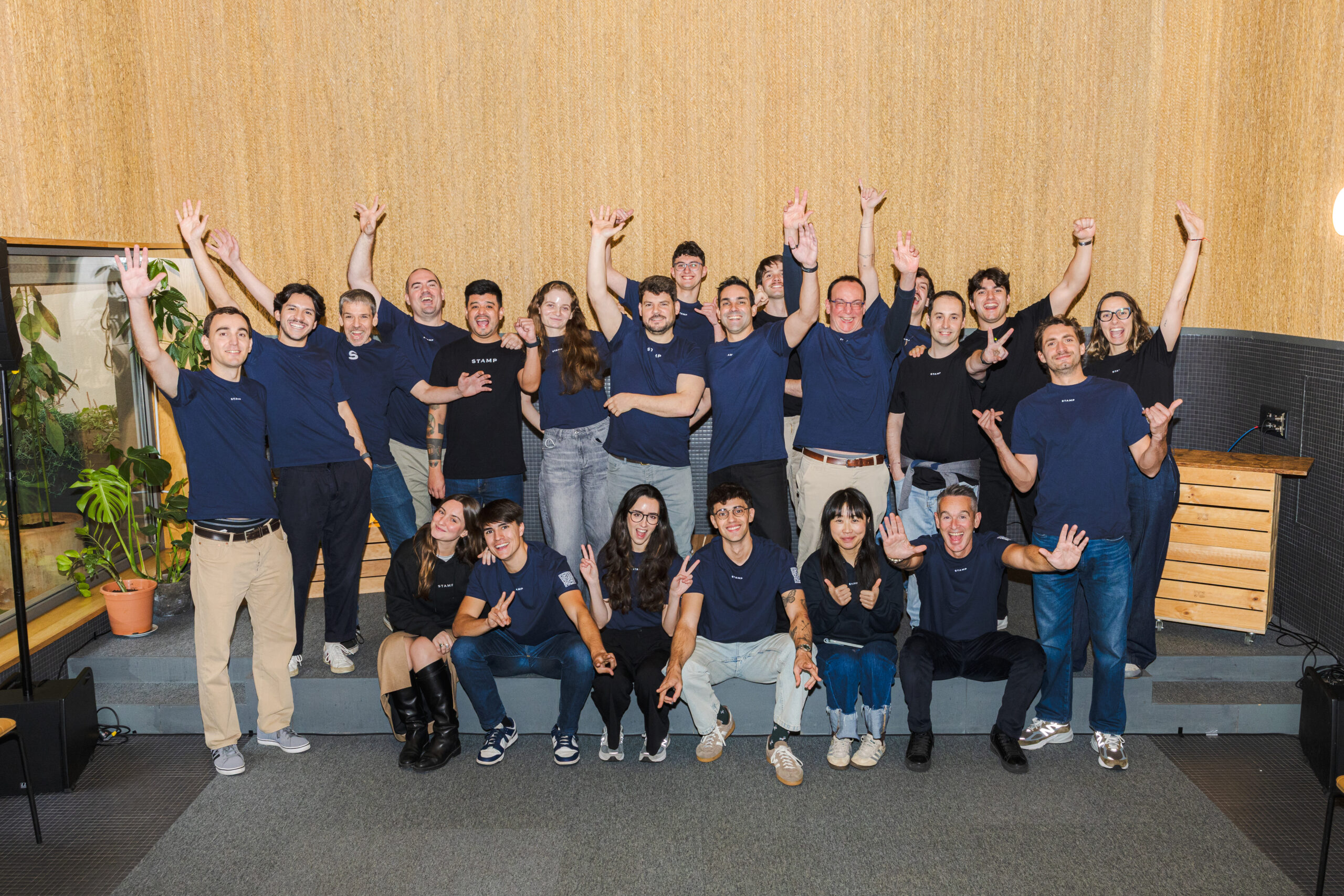Accounting teams are the backbone of any organization, tracking profitability, planning for annual expenses, and staying on top of relevant reporting deadlines. These teams play a significant—yet often underappreciated—role in the overall performance of a company, whether it’s maintaining financial solvency or avoiding legal issues and financial penalties.
The role of the Chief Financial Officer has never been more influential or more challenging than it is in 2025. Ongoing market turbulence and the risk of a global trade war, combined with industry disruption across verticals, are placing increased pressure on enterprise organizations as they strive to remain competitive and profitable.
For CFOs, tech innovations have a key role to play in helping build resilient teams, navigate external developments, and overcome tough odds. Accounting is one area where CFOs can unlock new efficiencies and boost organizational performance in 2025.
How Accounting Solutions Lend a Helping Hand
Accounting processes touch on every aspect of a business, yet systems and workflows often remain largely manual in too many areas. When it comes time to close the books, accounting teams must reconcile hundreds of thousands of accounts and track down digital files buried in email chains—costing significant resources and increasing the likelihood of discrepancies or errors creeping into the process.
As a former Fortune 100 auditor, Shagun Malhotra witnessed firsthand the challenges enterprises face when reconciling accounts, completing the financial close process, and preparing for audits.
The pressing need for improved accounting solutions became especially clear during an incident involving a global financial services company facing a serious compliance issue—its balance sheet was off by a staggering four billion dollars. The reconciliation process was labor-intensive and ineffective, wasting resources and putting the company at serious risk.
As a result, Malhotra was inspired to create powerful software to better manage month-end close activities. Her New York-based company, SkyStem, offers an affordable SaaS solution tailored to the needs of the modern accounting team.
Automating Accounting Tasks Without the Risk
For many CFOs, the desire to adopt more automated solutions is strong, but Malhotra found that concerns about implementation time, errors, and lack of customer support were major barriers to adoption.
Simply put, fears about transitioning an entire enterprise to a digital system led many leaders to keep their accounting teams stuck fighting an uphill battle against outdated, paper-based processes.
If any mistakes occur during the transition, companies could face issues with auditors down the line. Additionally, training every accountant in a global organization on a complex new system can be a long and frustrating endeavor.
To address these concerns, the SkyStem team handles implementation in just a few days without compromising data security or business workflows. They also provide white-glove email and phone support at no additional charge. ART takes an extremely close look at the reality of accounting work to deliver a solution that’s easy to learn, quick to adopt, and scalable as needed.
How One Retail Giant Slashed the Strain of Month-End Close
Given the rising cost of doing business, many companies are feeling the strain. CFOs must examine how to optimize all financial activities, and the month-end close is one often overlooked area that is ripe for modernization in 2025.
A Midwestern retail operations company is one of the many businesses that have benefitted from ART. Previously relying on a paper-based manual accounting system using color-coded folders to track quarter-end closing activities, the company struggled after a period of explosive growth. Reconciliations surged by more than 300%, pushing the old system to its limits.
With SkyStem ART, the accounting team was able to shorten the auditing process, reduce reconciliations, access real-time reports, and streamline the review process.








